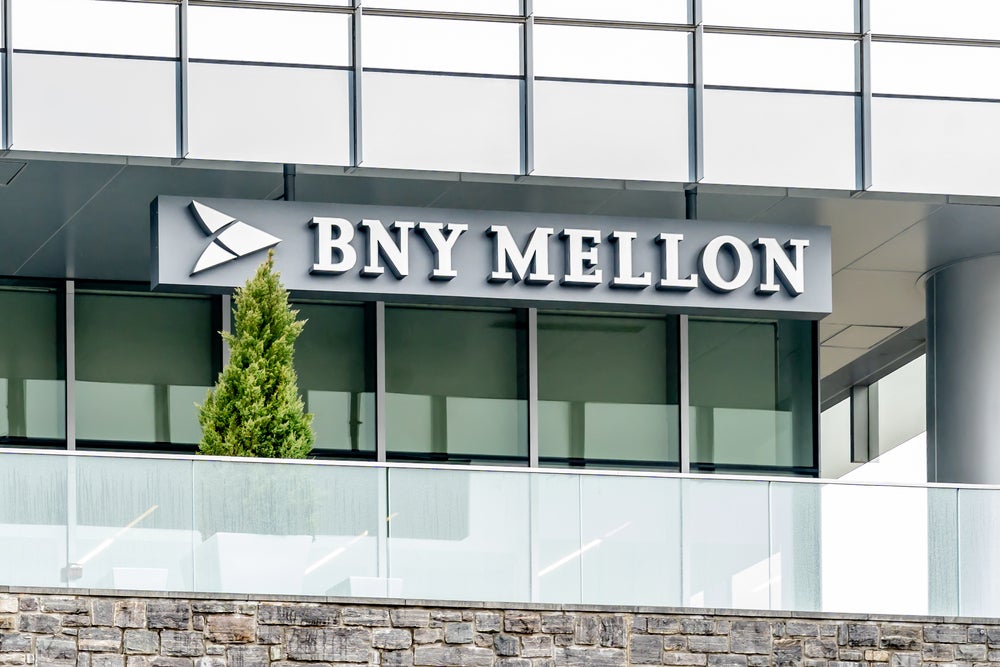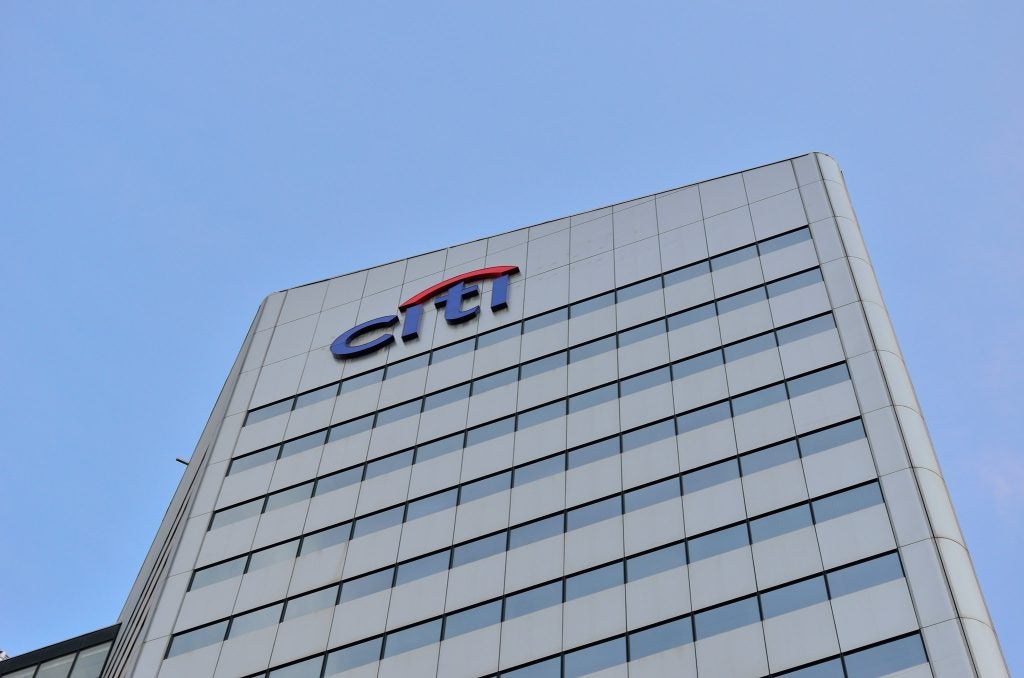Several family offices do not call themselves a ‘family office’. This has led to confusion around what being a true family office entails. Head of WealthInsight, Oliver Williams, identifies the various requirements that make a real family office, and analyses what the definition of a family office should be
One of our strengths at WealthInsight is identifying family offices. By researching the individual wealth circumstances of hundreds-of-thousands of HNWIs, we regularly unearth these illusive and ill-defined entities.
However, when talking to clients, attending seminars or writing articles like this, we often encounter stark divisions or implausible data on these HNWI-privy bureaus. Belligerent parties seem to disagree on what constitutes a family office, so, for purposes of clarification, I will seek to draw some parameters of a definition.
The buzz word has been about for a while. Some commentators trace its origin back to Rockefeller who staffed his Manhattan office with stock brokers to exhaust his enormous fortune. However, by other definitions the family office dates back much further, perhaps to aristocratic families who would employ an ‘Estate Office’ to manage several business interests. Whatever the origins, the duties of the office were always the same – to preserve the wealth of a single family – that is, until recently.
It’s now a different story entirely. Wealth management conferences resound with the term. Major banks offer ‘family office services’; wealth management companies have gone from calling themselves ’boutique’ to ‘multi-family offices’ and a whole range of family owned companies operating in industries from shipping to venture capital have started adopted the term. All these offices offer a dizzying array of services from hostile takeovers to vetting the family butler, but more-often-than-not, stray from the true purpose of preservation.
How well do you really know your competitors?
Access the most comprehensive Company Profiles on the market, powered by GlobalData. Save hours of research. Gain competitive edge.

Thank you!
Your download email will arrive shortly
Not ready to buy yet? Download a free sample
We are confident about the unique quality of our Company Profiles. However, we want you to make the most beneficial decision for your business, so we offer a free sample that you can download by submitting the below form
By GlobalDataIt is the true family offices, however, that are to blame for this ill-treatment of their genre. The one thing that defines them is their unanimity in solitude. In a world where every company from a dairy farm to a diamond mine has a website and Facebook page, family offices can be noticed by their shear stubbiness to conform to this marketing monologue: most can barely manage a plaque on the wall, let alone a web presence. Furthermore, most proper family offices no longer call themselves a family office. The suffixes ‘group’, ‘capital’ or ‘venture’ are instead used as decoys to anyone shuffling through the listings at Companies House. Take, for example, Pritzker Group, the entity that manages the billions held by the Pritzker family, which calls itself a "world-class investment firm".
Through anonymity in name, discretion in public and ambiguity in industry, family offices achieve their sole aim: managing their masters’ wealth. However, if these traits were clues to a definitive definition, they would be ignoring some of the most important trends hitting the industry. The foremost of these is the transformation of hedge funds into family offices.
George Soros and Steven Cohen first blazed a trail in this respect by closing their hedge funds’ doors to all outside investors. Soros’s Quantum Endowment Fund kicked out all non-family members in 2011, citing regulatory scrutiny as one of the reasons. In turn, Cohen created Point72 Asset Management out of the prosecuted SAC Capital to manage his own billions. Others, such as JAT, were not making the returns expected by their investors.
Lines have also been blurred between private equity and family offices. In the M&A marketplace, family offices are increasingly cutting the middleman and buying companies outright themselves. Without external investors and exit strategies, a family office can look beyond the typical 3-5 year window offered by private equity. Look, again, at the Pritzker Group which owns outright nine major companies, in addition to stakes in over 100 start-ups. Having sold the family stake in De Beers, Nicky Oppenheimer has set up Tana Africa Capital in much the same fashion: The Africa-focused investment firm now owns three major consumer brands on the content.
In essence, though, this new breed of investment firms is not poles apart from Rockefeller’s stock brokers or the old Estate Office: They exist solely to serve the financial interests of their owners. So where does that leave the definition of a family office? Though constant monitoring, analysis and going through a lot of trash, we have finally come up five key factors that define a true family office:
1. A Family Office is not called a family office
With the occasional exception (such as Wimmer Family Office, owned by the flamboyant Danish space advocate, Per Wimmer), family offices normally go under the guise of an investment firm or fund.
2. A Family Office is not on Facebook
Or any other social media for that matter. Family offices typically strive for discretion so that they can conduct their business without hassle from fundraisers or financiers.
3. A Family Office is family owned
Though seemingly obvious, there are a number of ‘family offices’ set up as subsidiaries of private banks, which serve many in the same way as a wealth or asset manager.
4. A Family Office does not sell products
‘Products’ are the domain of private banks and wealth managers who offer things such as art advisory, concierge services and an array of funds. A family office does not try to flog such things, instead it specialises only in its appointed subjects. If, for example, an HNWI decides to go down the aforementioned private equity road, then his family office will adapt, normally by adopting expertise.
5. They have an office
Bizarrely, this is not stating the obvious. Many not-so HNWIs attempt the impression a family office by brandishing paperwork and public domains. Unless there are staffs employed to manage his or her wealth, it is a false facade.







